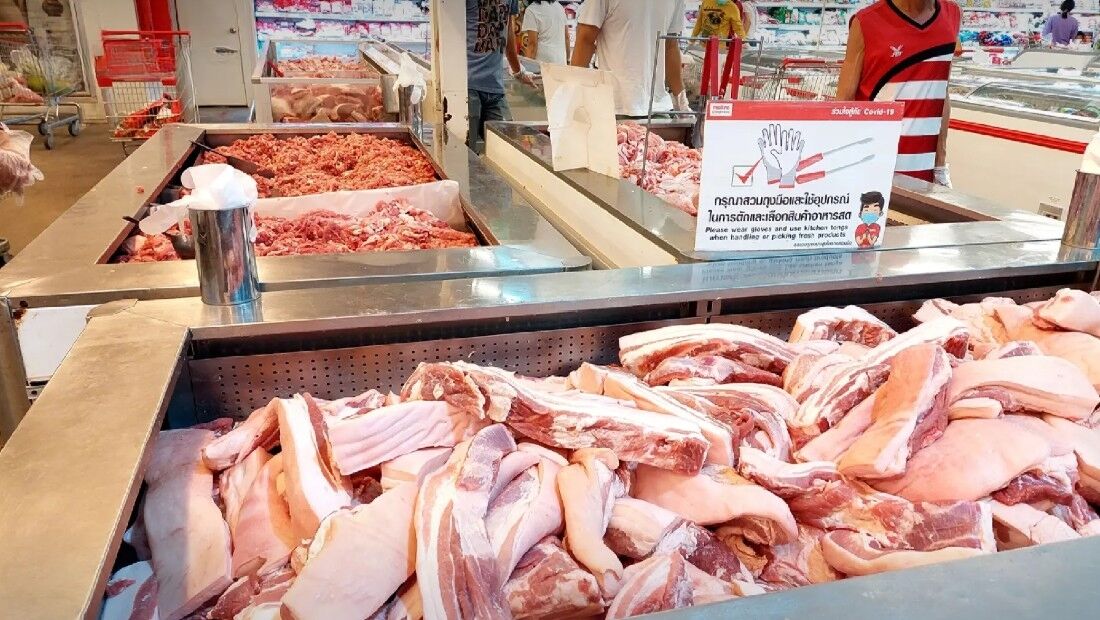Thailand to negotiate US trade policies, avoid pork imports

Deputy Prime Minister and Finance Minister, Pichet Choonhavan, outlined five strategies to address the issue of the so-called Trump tariffs, emphasising that Thailand will not import pork due to concerns about the impact on domestic producers.
Following a meeting on Thailand’s approach to US trade policies, Pichet revealed that while no specific date has been set for negotiations with the United States, discussions may occur soon, possibly within this month. These talks are expected to include representatives from the US Trade Representative (USTR) and key figures associated with President Donald Trump.
Pichet highlighted that the discussions will involve several stages, which cannot be bypassed. He noted that Thailand is not seen by the US as having urgent trade issues compared to other countries, and the timing of negotiations will depend on various factors.
Regarding Thai investment in the US, particularly in the energy sector, Pichet noted that Thai private companies have potential. However, he said strategies must be adapted due to global changes, such as the shift from globalisation to a divided world and trade barriers, which have led to the relocation of production bases. For example, companies investing in Thailand, like automobile manufacturers, would need to increase the local content in their productions and find new export markets beyond the US.

Negotiation
Pichet outlined five key points to discuss with the US, including increasing the import of US products, ensuring mutual benefits, or a “win-win solution,” to resolve trade issues. He acknowledged that the US runs trade deficits with most countries, including Thailand, and balancing this deficit cannot be achieved in one or two years.
The solution involves importing more US products appropriately while increasing exports to both the US and global markets. Thailand has historically exported a wide range of agricultural products, both raw and processed, especially premium-grade human and pet foods, which are popular in the global market. Thailand exports approximately 21 million tonnes annually, yet demand exceeds production, necessitating additional imports to meet market needs.
“The pet food processing industry holds about 3% of the global market share. If we aim for 6% in five to seven years, it could lead to domestic production of 28 million tonnes, boosting local production capacity and increasing raw material imports.”
The potential import of US pork will be carefully reviewed, as importing now could negatively affect domestic producers and consumers. Current analyses suggest that local pork supply is sufficient, and importing might reduce domestic pork prices, impacting local farmers. The government will need to decide whether to enhance domestic production competitiveness or import pork for lower consumer prices, reported KhaoSod.
Further strategies include reducing US import tariffs to be on par with other countries, preventing misuse of Thai product rights by ensuring more use of locally produced goods, and increasing scrutiny on exports to the US.
Additionally, streamlining international trade processes and seeking investment opportunities in the US, particularly in natural gas, are planned.
Latest Thailand News
Follow The Thaiger on Google News:


























